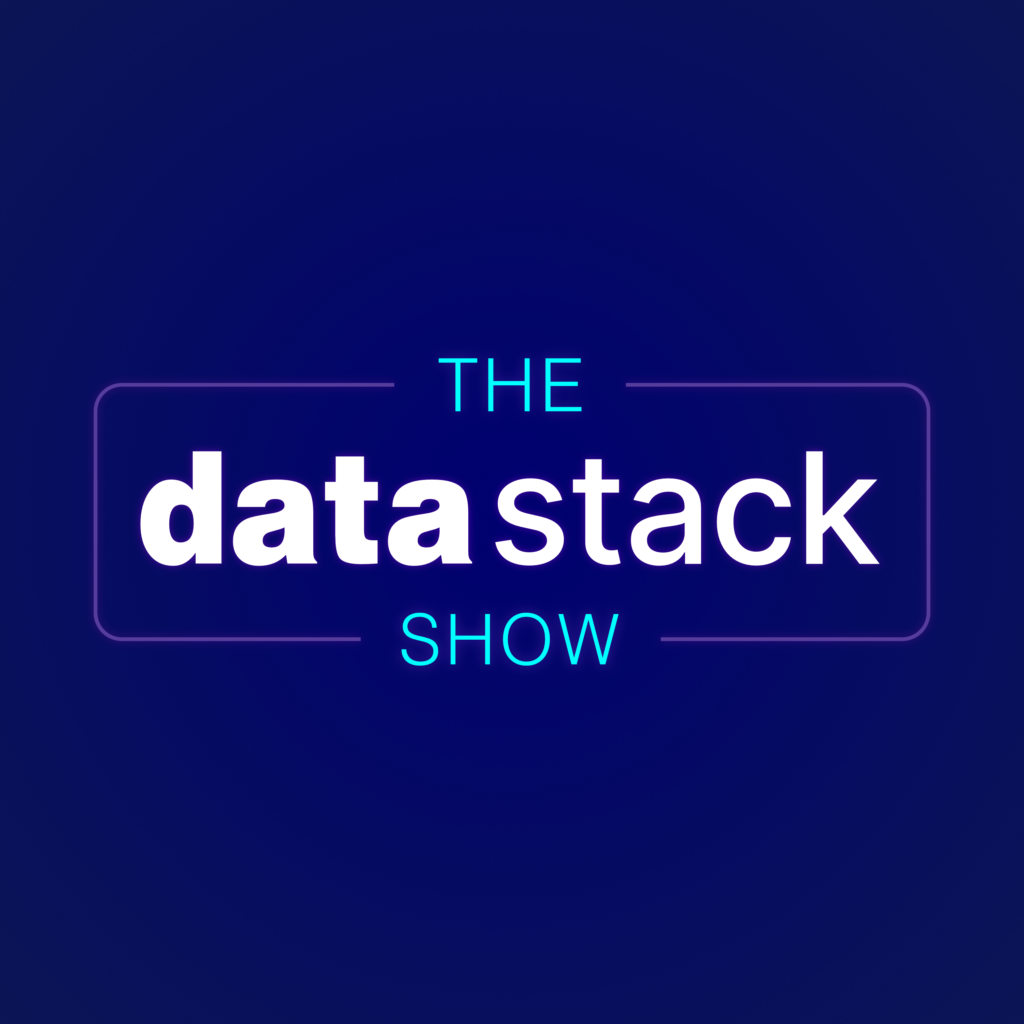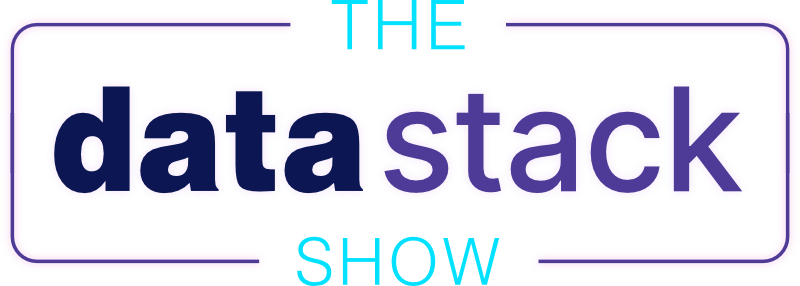
In this bonus episode, Eric and Kostas preview their upcoming live stream episode featuring Willem Pienaar of Tecton and Tristan Zajonc of Continual.
The Data Stack Show is a weekly podcast powered by RudderStack, the CDP for developers. Each week we’ll talk to data engineers, analysts, and data scientists about their experience around building and maintaining data infrastructure, delivering data and data products, and driving better outcomes across their businesses with data.
RudderStack helps businesses make the most out of their customer data while ensuring data privacy and security. To learn more about RudderStack visit rudderstack.co
Eric Dodds 00:00
Hey welcome to The Data Stack Show prequel we just got done doing one of our favorite things, which is a data stack show live stream. And the topic was ml. And we talked with two brilliant minds, Tristan from continuous AI and Willem from Tecton. And one of the most interesting parts of the chat to meet Costas was the discussion around what components or even use cases for NL, are essentially commoditized or known facilities that, you know, are, are extremely common, and have a huge number of patterns around them. So things like, churn, you know, and you know, things like churn recommendations, etc. And the discussion around, okay, and like, these are fairly known quantities where you’re changing the inputs, you know, and maybe varying the model a little bit, depending on the business use case. And then I also loved the discussion around that, where they like that sort of an optimization play versus net new, and they used, I believe, Tristan used some get hubs AI code assistant, as an example, right, where it was a huge that AI driven feature, and had a huge payoff and was net new, right, it wasn’t optimization, it was actually adding value. So that was such a fascinating discussion to me in terms of almost a bifurcation of ML into those two categories. What do you think?
Kostas Pardalis 01:49
Yeah, I agree with you, I think. I mean, what I found, like, super interesting is that I think people when we’re talking about in Melbourne are still the first thing that they recall is like, you know, like self driving cars and Iona lady, AI generated out and like all that stuff, but at the end, this is like, just like, let’s say, the state of the state of the art right now. And it’s probably like, just like the tip of the Iceberg. I think the real value in the markets and the economy out there comes from AI that is applied, like on very structured data. And to problems like, yeah, like, prediction and optimization in logistics, and yeah, like, boring, boring stuff. And what I found, like super interesting about that is, like, what they said about why these solutions? Yeah, they’re getting like, let’s say, the infrastructure might get like, commoditized, but of the end, its company wants to build let’s see their own solution or compete on the solution, because it is like, a competitive IP that they can. Yeah, that was funny. Right? Like, so yeah, you don’t want to have the same 10 prediction, we sold your competitor, because at the end, you don’t get any heads up, either. So suddenly, that’s, that was like a very interesting part of that. I think it’s division. It’s a lot with work. Like some investors at least say that, like, it’s really difficult, like, it’s like, doesn’t make sense to create, let’s say, products or mold. So we’re like trying to do the lack of data and these kind of like solutions, because of the end, they end up being services, because they get a lot of customization for its customer. Yep. Which is, yeah, like, I think like, also my experience so far, from what I’ve seen, like it’s true.
Eric Dodds 03:52
Yep. Totally agree. And definitely gonna want to catch this one. If you are working in work around ml, we talked about the state of ml ops, infrastructure and tons of difficulties there. We talked about the gap between, you know, running ml models to drive insights, and actually delivering, you know, outputs of models in real time, which is a huge technical gap. And then we also talked about the importance of open source in the ML state. So tons of fascinating stuff into really smart people. Subscribe if you haven’t, tell a friend, share it with your friendly data scientists and our data science team and we’ll catch you in the next one.

Each week we’ll talk to data engineers, analysts, and data scientists about their experience around building and maintaining data infrastructure, delivering data and data products, and driving better outcomes across their businesses with data.
To keep up to date with our future episodes, subscribe to our podcast on Apple, Spotify, Google, or the player of your choice.
Fill out the form below to get a monthly newsletter from The Data Stack Show team with a TL;DR of the previous month’s shows, a sneak peak at upcoming episodes, and curated links from Eric, Kostas, & show guests.